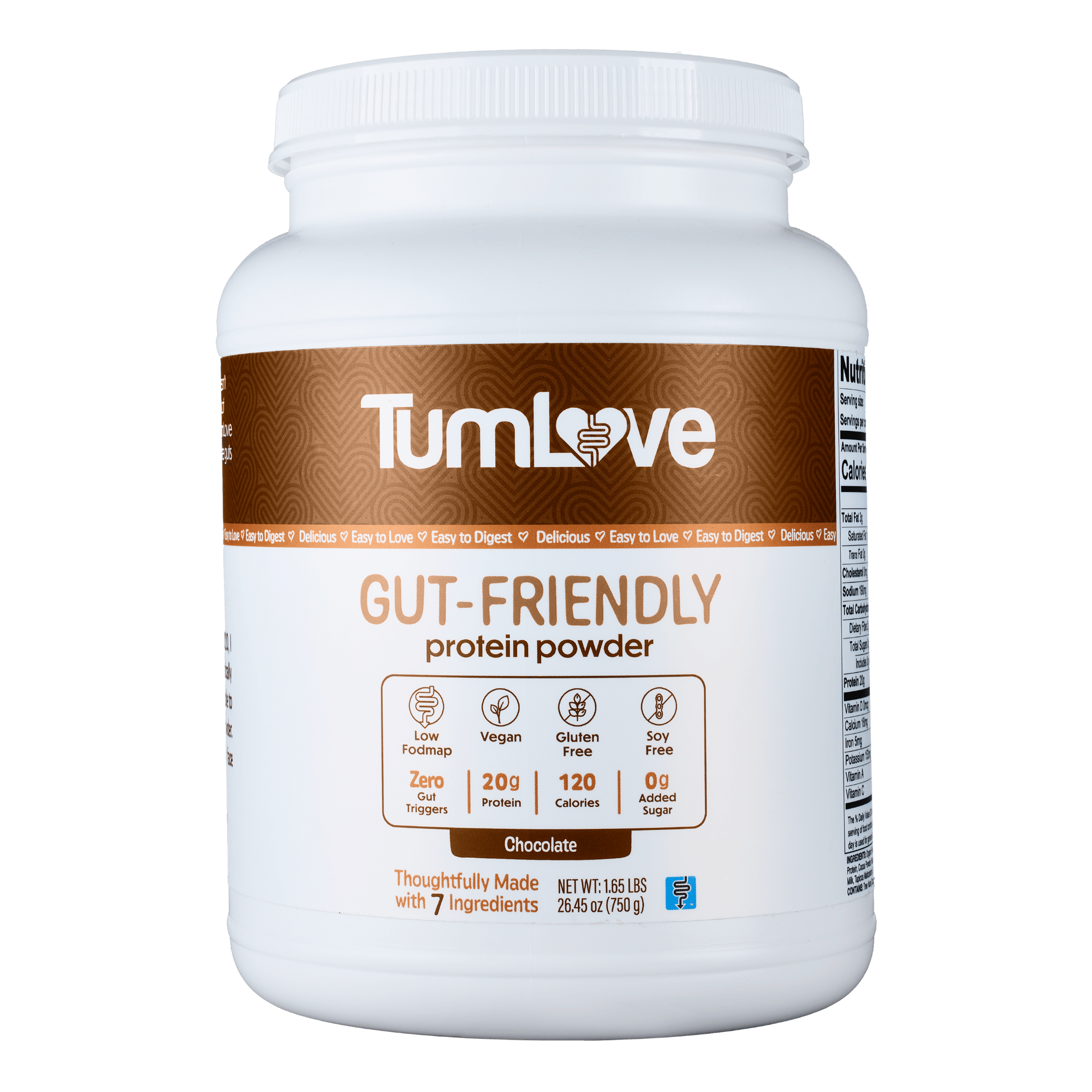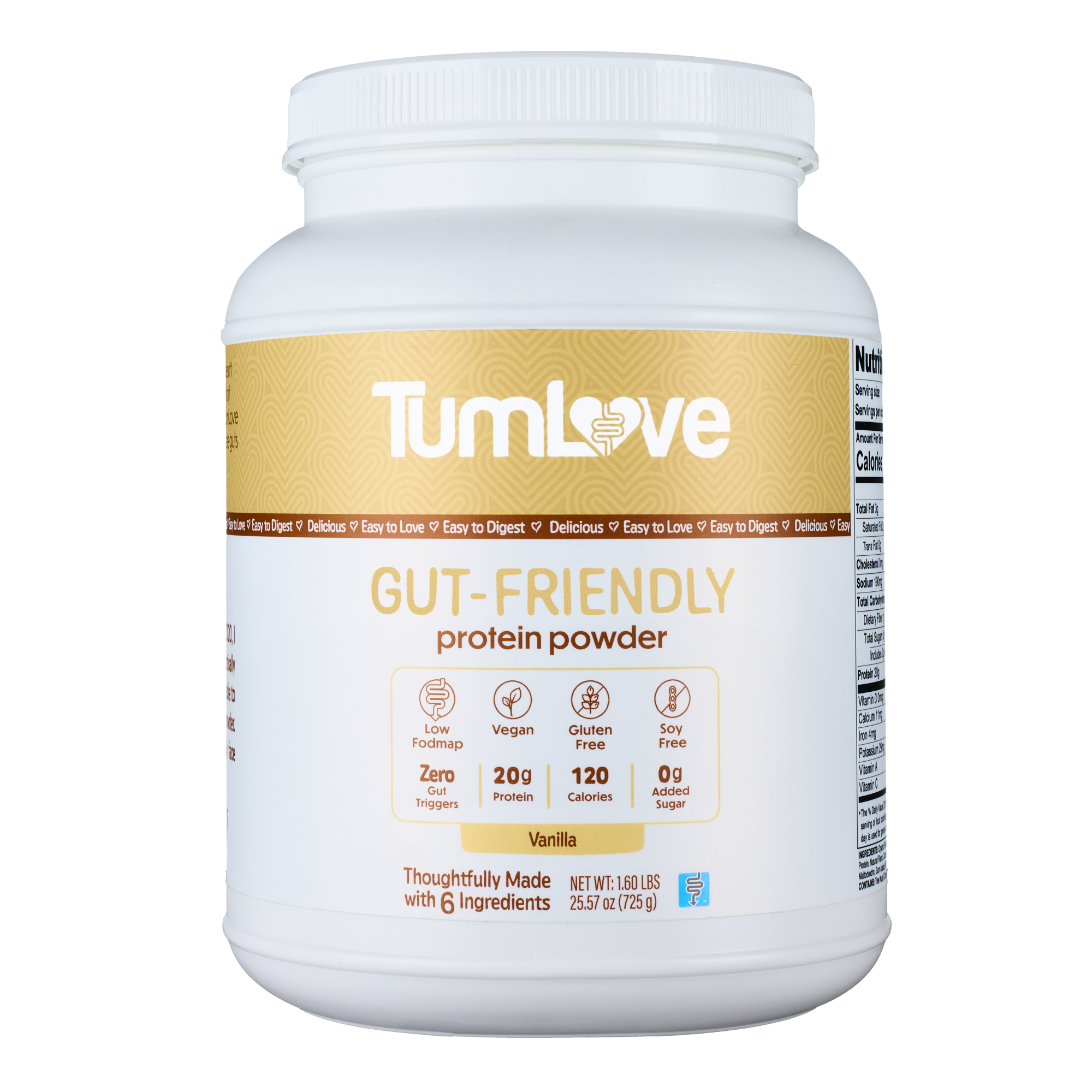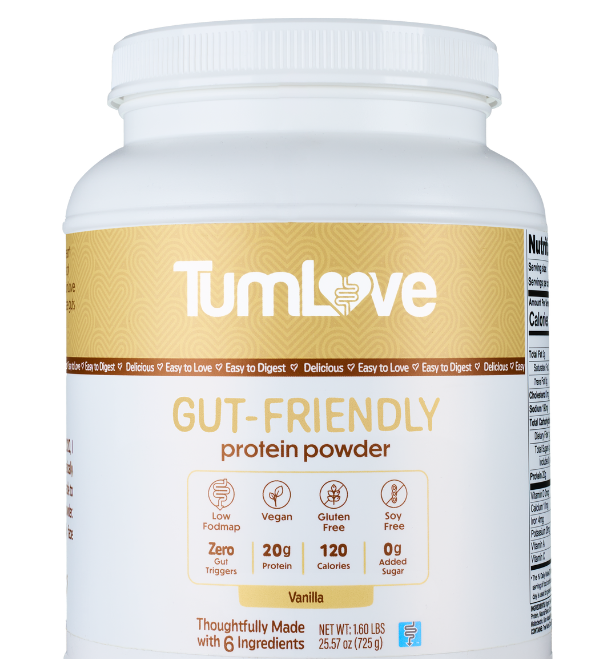For anyone seeking a trusted and effective solution to digestive problems, TumLove is the answer. With its dedication to promoting gut health, TumLove is the best companion for your wellness journey. Its carefully crafted products are designed to alleviate discomfort and restore balance in your digestive system.
★★★★★
"Now I can do what I love while feeling great!"
- Lileia S.
Managing a sensitive gut can be tricky. In many cases, gut symptoms can significantly impact an individual's quality of life, leading to discomfort, embarrassment, and even anxiety. This comprehensive guide will explore various strategies to help manage your symptoms and improve digestive health, with expert advice to guide you on your journey to a happier, healthier gut.
The Complexities of Gut Symptoms:
Identifying Common Triggers
Sensitive guts may be triggered by a variety of factors, such as specific foods, stress, medications, or underlying medical conditions. Identifying these triggers is crucial to managing and reducing symptoms. Keeping a food diary or symptom journal can be an effective tool for identifying potential triggers.
The Role of the Gut Microbiome
The gut microbiome, which consists of trillions of microorganisms living in the digestive tract, plays a significant role in overall gut health. Imbalances in the gut microbiome can contribute poor gut health.
Mental Health
The ongoing battle with gut symptoms can take a toll on an individual's mental and emotional wellbeing. Recognizing this impact is essential for a holistic approach to treatment. Integrating self-care practices and seeking support from friends, family, or professionals can contribute to better mental health and symptom management.

Dietary Considerations For Having a Sensitive Gut:
Adopting a Low-FODMAP Diet
The low-FODMAP diet is a scientifically-backed elimination diet designed to reduce digestive distress. This diet is typically recommended for those suffering from irritable bowel syndrome (IBS) or small intestinal bacterial overgrowth (SIBO). Low FODMAP involves limiting certain carbohydrates that may trigger symptoms. Consulting with a registered dietitian is recommended before starting the Low FODMAP diet.
Identifying Food Intolerances
Food intolerances, such as lactose or gluten intolerance, can exacerbate gut symptoms. Identifying and addressing these intolerances can significantly improve digestive health. Food intolerance tests and elimination diets can help pinpoint the specific culprits so you can cut them out of your diet.
Incorporating Probiotics and Prebiotics
Probiotics and prebiotics are beneficial for gut health, as they promote a balanced gut microbiome. Including probiotic-rich foods or supplements and prebiotic fibers in one's diet can aid in managing sensitive gut symptoms. Examples of probiotic-rich foods include yogurt, kefir, and fermented vegetables, while prebiotic fibers can be found in foods like onions, garlic, and artichokes.
Maintaining Proper Hydration
Drinking sufficient water is crucial for overall health, and proper hydration can also help alleviate certain gut symptoms, such as constipation. Aim to consume 3-4 liters of water daily, adjusting for factors like physical activity and climate.
Lifestyle Factors for Improved Gut Health:
Managing Stress
Stress is a common trigger for gut symptoms. Employing stress management techniques, such as meditation, deep breathing exercises, or yoga, can help reduce the frequency and severity of symptoms. Regular practice and commitment to stress reduction can lead to noticeable improvements in gut health.
Ensuring Adequate Sleep
Adequate sleep is vital for overall health, including gut health. Lack of sufficient sleep can worsen gut symptoms, so prioritizing sleep is essential. Implementing a sleep routine, limiting screen time before bed, and creating a sleep-conducive environment can lead to better sleep quality.
Regular Exercise
Regular physical activity can help promote gut motility, reduce stress, and improve overall digestive health. Aim for at least 150 minutes of moderate-intensity exercise per week, incorporating a mix of cardiovascular, strength training, and flexibility exercises.
Avoiding Tobacco and Alcohol
Excessive tobacco and alcohol consumption can have serious negative effects on your gut health. A single night of binge drinking can damage the mucous cells in your stomach and lead to inflammation and lesions.

Medical Approaches to Managing A Sensitive Gut:
Over-the-Counter Medications
Certain over-the-counter medications, such as antacids, gas-relief medications, and anti-diarrheal agents, can provide temporary relief from gut symptoms.
Prescription Medications
In some cases, prescription medications may be necessary to manage your symptoms. These medications may include antispasmodics, antidepressants, or antibiotic treatments. Always follow your healthcare provider's recommendations and closely adhere to the prescribed dosage and duration of treatment.
Integrating Alternative Treatment Methods
Alternative therapies, such as acupuncture, massages, or herbal remedies, may provide relief for some individuals. While research on the efficacy of these therapies for gut health is still emerging, many people have reported positive results.
At The End of The Day:
Managing gut symptoms is a multifaceted and ongoing process. A holistic self-care routine that addresses both your physical and emotional needs can significantly improve your digestive health and quality of life.
Shop Now




